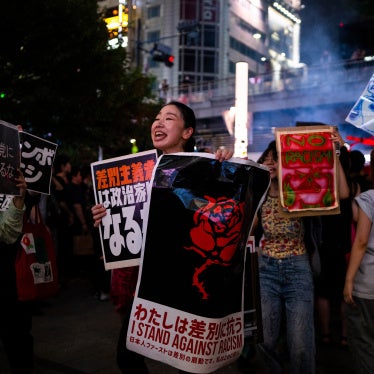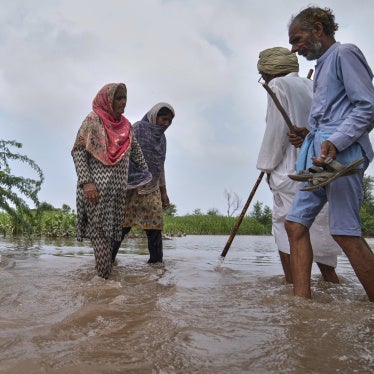As Punjab went to the polls to elect a new state government this month, political pundits attributed the lack of a clear Congress victory in exit polls to frustration with the rising consumer prices under the UPA Central administration.
The newly-elected Punjab government, however, may not realise that the cost of ignoring human rights violations in Punjab is also increasing exponentially. The problem of widespread impunity for "disappearances" is being put to the test with the handling of the Punjab mass cremations case. This case will determine the Indian state’s willingness to uphold the rule of law in the face of internal security challenges. The consequences of this case will be felt throughout the country for years to come.
The legal battle is the bitter fruit of the violent Sikh secessionist movement and the brutal counter-insurgency efforts that followed, most infamously symbolised by the Army’s attack on the Sikh "Golden Temple" in Amritsar in 1984, which militants were using as a base. Hundreds of civilian pilgrims died when Prime Minister Indira Gandhi sent in tanks. After Gandhi’s Sikh bodyguards exacted revenge by assassinating her, the government unleashed a pogrom against Sikhs in Delhi and other cities, with thousands massacred. None of the organisers or senior officials involved has been held criminally responsible.
For the next ten years, Indian security forces engaged in a murderous counter-insurgency operation perpetrating torture, enforced "disappearances" and extrajudicial executions of tens of thousands of Sikhs in false encounters. A small percentage of victims have received compensation. Only a handful of victims have received justice.
The family of Udham Singh is among those still waiting. Singh, 62, was abducted by the Punjab police in front of his family on July 1, 1992, taken to an interrogation centre with his son, and a few days later killed and cremated by the police. After a 10-year legal battle for justice, his family has been granted a paltry Rs 250,000 (US $5,663) without any admission of wrongdoing by the government.
A public interest lawsuit on "disappearances" and secret cremations in Punjab, filed in 1995, has yet to be resolved. The Indian National Human Rights Commission (NHRC), cited often by the government as the symbol of its commitment to the protection of human rights, granted compensation in 1,245 cases — but only on the grounds that the Punjab police did not follow the rules for cremating a body. Sadly, it has refused to investigate how those individuals were killed in the first place, hear the testimony of any survivor, or hold a single official liable. And it has only agreed to look at cases of people who were cremated in Amritsar district — one of the then 13 districts in Punjab.
After its decade-long inquiry, the NHRC has established yet another one-man commission in Amritsar to identify and compensate a last group of 814 secret cremation victims. The commission, due to hold its fourth hearing on March 3, is not empowered to investigate the killings or hold those responsible to account.
Mohinder Singh, a member of the Association of Families of the Disappeared in Punjab, says that cash compensation is not enough. Over the past decade, he has collected evidence of his son’s abduction and secret cremation by Punjab Police in 1995. He has repeatedly appealed to politicians, police and the courts to prosecute his son’s killers. Even as he appears before this latest Punjab commission, he has little hope for justice. "Why doesn’t the judiciary take any action against the police?" he asks.
The answer to his question exposes the duplicity of a system that equates compensation with justice and accountability. It is a strategy that covers up gross human rights violations and makes a mockery of the rule of law. The NHRC’s final decree of compensation aims to silence the victims and put the matter to rest with as little disruption as possible to the status quo.
The problem for the Indian government, as with governments all over the world that fail to address past crimes, is that there are many people like Mohinder Singh who will not accept a cash payoff in return for silence. They want justice.
Mohinder Singh and others are ready to take their cases to the Indian Supreme Court. While it will be under great pressure from the state not to recognise these claims, it is crucial that the Supreme Court — one of the most respected in the world — acts to establish the principle of accountability, which is as fundamental to protecting human rights as it is to protecting the economy.
Together, the newly elected government in Punjab and the Supreme Court can change a government’s system focused on silencing victims and avoiding embarrassment into one that is accountable to all its citizens.
Jasmine Marwaha is Programme Associate at Ensaaf. Meenakshi Ganguly is South Asia researcher for Human Rights Watch.








